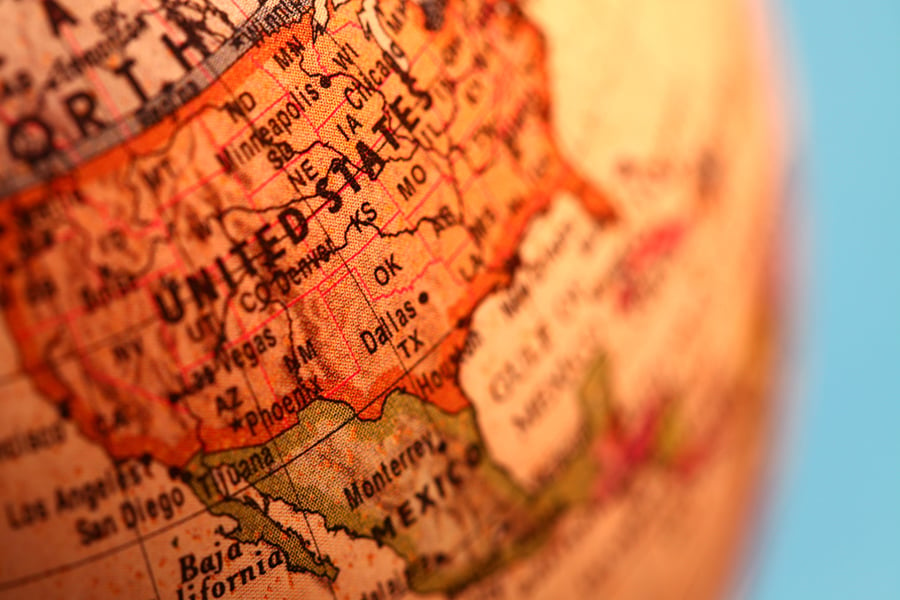

Captain America is falling when it comes to retirement security.
The United States dropped a spot to place 18th for retirement security in the Natixis Investment Managers' 10th Annual Global Retirement Index released Tuesday, while Norway grabbed the top ranking after spending four years in third place. Iceland, which has topped the survey since 2018, fell two places to third and Switzerland stayed put in second place.
Rounding out the top ten are Ireland (fourth), Australia (fifth), New Zealand (sixth), Luxembourg (seventh), Netherlands (eighth), Denmark (ninth) and the Czech Republic (10th). Germany and Canada, meanwhile, fell out of the top 10 in this year’s ranking, sinking to No. 11 and No. 15, respectively.
U.S. retirees were affected by sharp increases in food, gas, housing and medications in this year’s index, which bases its scores on each country’s performance on four sub-indices: finances in retirement, material well-being, health and quality of life.
“Getting retirement security right so that people can live with dignity after their working years is a core sustainability issue for society and one of the most important mandates for governments and the financial industry,” Liana Magner, executive vice president and head of retirement and institutional in the U.S. for Natixis Investment Managers, said in a statement.
Magner added that the index provides “insight into the levers that can drive or diminish the well-being of retirees, and it serves as an important benchmarking tool for policymakers, employers, financial professionals and individuals.”
As for the four sub-indices, the U.S. ranked 11th for finances in retirement, 17th for health, 21st for quality of life and 30th for material well-being. The overall U.S. score declined to 69% from 72% a year ago, partly because of relative improvements in other countries that pulled them ahead in the index. (Ireland in particular stands out, with the Emerald Isle having posted the biggest gain in the index's ranking over the past 10 years, rising to fourth place from 38th in 2012.)
According to the survey, the overall U.S. score was particularly weighed down by tax pressure, old-age dependency and higher government debt. The U.S. score for government indebtedness has declined by 60 percentage points, from 87% in 2012 to 27% in 2022, the sixth lowest score among all GRI countries.
Dave Goodsell, executive director of the Natixis IM Center for Investor Insight, said 2022 was challenging for retirement security across the globe, primarily as a result of the “long-sleeping giant” of inflation and central banks’ attempt to combat it.
“The rate hikes the Federal Reserve and other central banks have implemented to quell inflation further compound the problem, creating short-term pain for retiree portfolios. Investment strategies, financial planning, employee benefits, and policy considerations will all need to factor in a new funding equation that accounts for inflation, interest rates and increased longevity,” Goodsell said.

Integrated Partners is adding a mother-son tandem to its network in Missouri as Kestra onboards a father-son advisor duo from UBS.

Futures indicate stocks will build on Tuesday's rally.

Cost of living still tops concerns about negative impacts on personal finances

Financial advisors remain vital allies even as DIY investing grows

A trade deal would mean significant cut in tariffs but 'it wont be zero'.
RIAs face rising regulatory pressure in 2025. Forward-looking firms are responding with embedded technology, not more paperwork.
As inheritances are set to reshape client portfolios and next-gen heirs demand digital-first experiences, firms are retooling their wealth tech stacks and succession models in real time.
